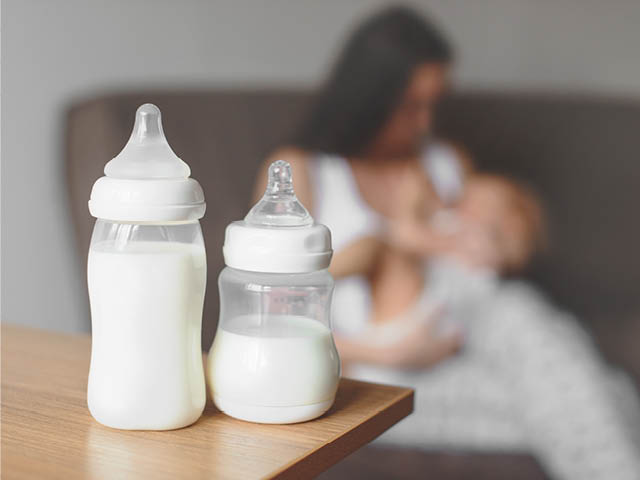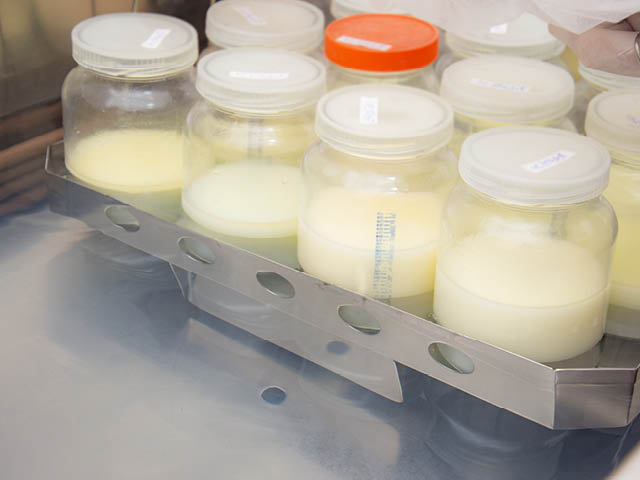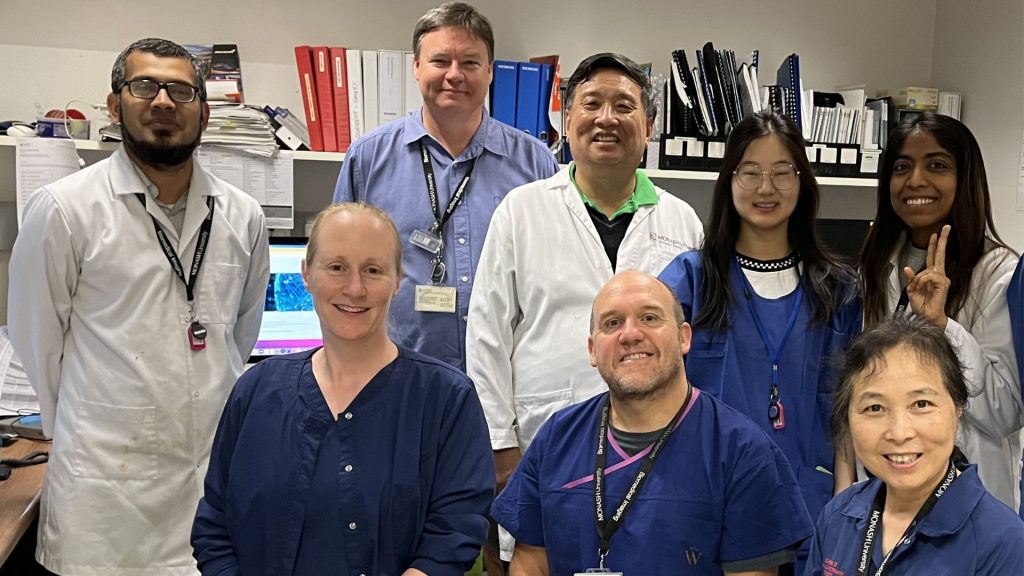Charles Sturt researchers are conducting the first-ever trials with newborn piglets to help discover the best alternative to human breast milk. The drive behind this groundbreaking breast milk research is to optimise neurodevelopment and gut development in human infants – even if they are unable to be breastfed.
The trials are part of a Wagga Wagga-based project by researchers in the Charles Sturt Gulbali Research Institute for Agriculture, Water and Environment. The project is investigating alternative nutrition sources for babies when breast milk – the first and most vital form of food for humans – is not available.
The benefits of breast milk

Human breast milk contains vital components which decrease the risk of infection by bacteria and viruses. Moreover, it promotes overall health and neurodevelopment.

The research team’s lead, Professor of Physiology and Nutrition at Charles Sturt University Bing Wang says human milk oligosaccharides (HMOs) are the third most abundant class of biomolecules in mature human milk, after lactose and lipids.
“There are more than 200 different HMOs. These can reach levels of approximately 20–25 grams per litre in colostrum and 5–20 grams per litre in mature milk.”
The reason this is important is that HMOs play a crucial role in several aspects of an infant’s health. They range from promoting the health of the digestive tract and enhancing brain development, to boosting the immune system. They do this by acting as prebiotics, feeding the beneficial bacteria in a baby’s gut. After all, that’s where 70 percent of the immune system exists.
In short, HMOs benefit an infant’s microbiome. So they are powerful, and important to overall health.
Finding a better alternative

When breast milk is not available for infants, infant formula is typically recommended as a substitute. However, traditionally breast milk substitutes have not been able to provide as many of these beneficial substances.
Here’s Professor Wang:
“Breastmilk is the optimal and complete source of nutrition for infants during the first four to six months of life. While infant formula is the recommended alternative and the first choice for providing nutrition to infants who cannot be exclusively breastfed, it is mostly based on cow milk, which misses the critical nutrients of HMOs.”
So this breast milk research will explore how to replicate the molecular and cellular mechanisms of dietary HMOs. Either by acting alone or in combination with other elements to enhance neurodevelopment and gut development in piglets. The piglet is an ideal animal model for the human infant. Its brain structure and function closely resemble that of human infants. And their digestive systems share similar physiology and anatomical structures – and need the same sorts of nutrients.
The importance of breast milk research

The interdisciplinary team at Charles Sturt’s Wagga Wagga campus – which includes assistance from undergraduate students learning about the ins and outs of conducting research projects – has completed three feeding trials in 48 piglets.
They also work with a team at Monash University’s Bioimaging Centre to perform MRI scans of the piglets’ brains to visualise changes in cerebral neuro-developmental processes at 38 days of age, which is equivalent to about 10 to 12 months of age as a human infant.
Just 35 per cent of Australian infants are exclusively breastfed until six months of age. That leaves more than 60 per cent to rely on infant formula during early neural development. So we need these products to be made well and efficiently. The consequences of the research, therefore could, as Professor Wang outlines, be extensive.
“Early-life nutrition is the critical period of the first 1,000 days of an infant’s life. It starts from conception and extends through pregnancy and the first two years of life.
“This period is a window of opportunity for optimal growth, development and a child’s health and wellbeing throughout their life.
“Therefore, our study has the potential to impact neonatal care for all children, particularly those born premature, and reduce costs of health care and social services, overall enhancing the wealth of Australian societies.”
Bring your research ideas to life
Join the Charles Sturt research community. We’re a wide network of passionate investigators committed to finding new knowledge.
Or talk to us if you want to build a career in science – like Professor Bing Wang.


You must be logged in to post a comment.